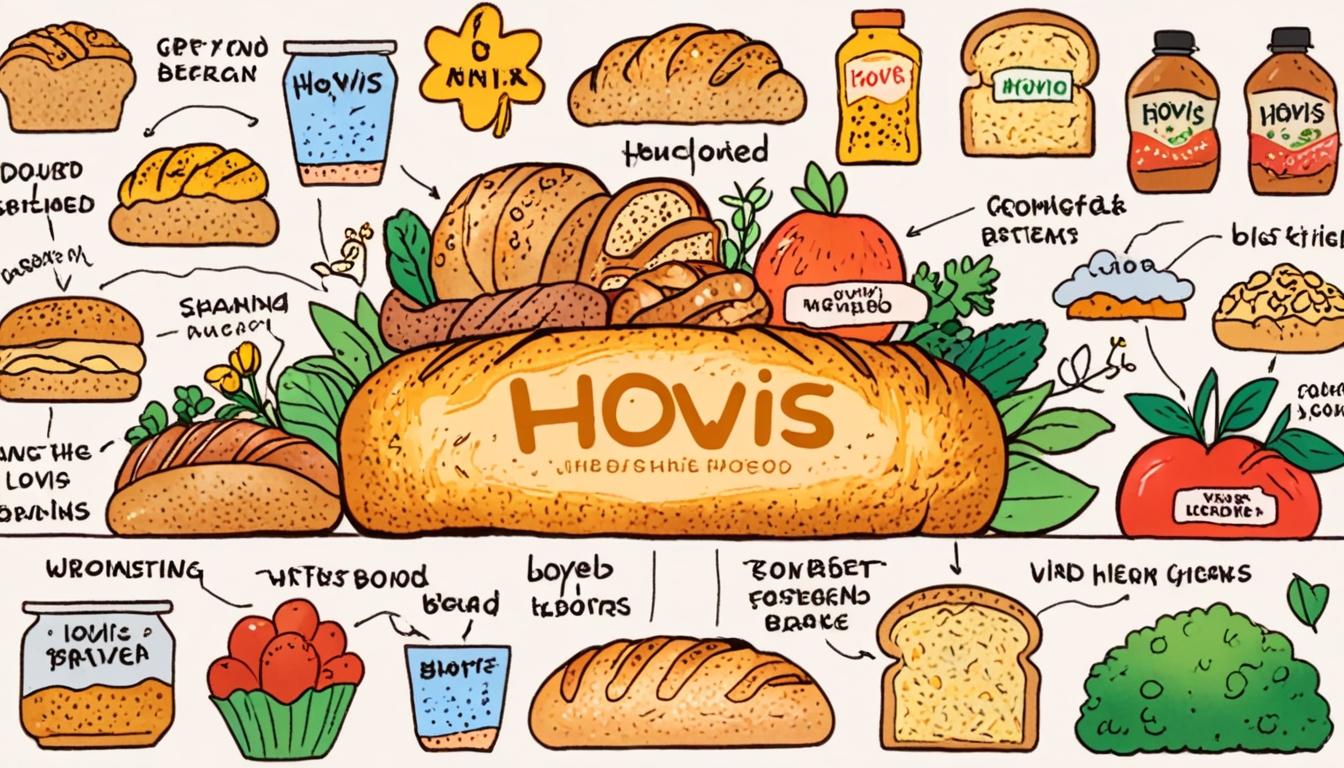This year has already witnessed a remarkable surge of activity in the food and drink sector, with several high-profile acquisitions and mergers shaping the landscape. Notably, companies are seeking to optimise their portfolios, embrace new growth opportunities, and enhance their engagement with changing consumer preferences.
A significant development involves the discussions between Associated British Foods (ABF), the owner of Kingsmill, and Endless LLP, the private equity holder of Hovis. This potential merger could unify two of the UK’s leading bread brands, positioning them to better compete against rising challengers in the bakery market. This move reflects a broader trend within the fast-moving consumer goods (FMCG) sector, where market consolidation is seen as essential for sustaining competitiveness.
PepsiCo’s recent acquisition of the functional soda brand Poppi has made headlines for its strategic implications. Acquired for approximately £1.5 billion ($1.95 billion), Poppi’s unique blend of prebiotics, fruit juice, and apple cider vinegar aligns perfectly with PepsiCo’s aspirations to diversify its offerings in the healthier beverage market. Co-founder Allison Ellsworth expressed enthusiasm about the deal, stating that the partnership will honour the brand's unique character while allowing for significant growth. PepsiCo Beverages US CEO Ram Krishnan highlighted that Poppi's alignment with wellness and culture enhances PepsiCo's portfolio, tapping into an expanding consumer demand for better-for-you products. This acquisition follows a noticeable decline in traditional beverage sales, with Poppi, generating over $500 million in annual revenue, leading the US gut-health drinks segment, according to sources.
On the personal care front, Unilever has made a strategic move by acquiring the brand Wild. Established as a leader in sustainable personal care options, Wild offers a range of premium products, including deodorants and body washes crafted from plant-based ingredients. Unilever's decision to invest in Wild signals an ongoing shift towards premiumization within its portfolio, aimed at meeting consumer demands for sustainable and refillable options. Wild co-founder Charlie Bowes-Lyon remarked on the synergies this acquisition creates to foster further innovation and expansion, especially in reducing plastic waste through eco-friendly products.
Additionally, in a noteworthy pivot towards plant-based options, Grubby has acquired the rights to Allplants' recipes and manufacturing methods following the latter's recent administration. The resuscitation of Allplants' product lines under the Grubby brand illustrates a keen interest in accommodating the growing consumer appetite for convenient and delicious plant-based meals. Grubby founder Martin Holden-White emphasised the opportunity this acquisition presents in bringing beloved products back to market while underlining the company's commitment to making plant-based eating accessible to all.
These acquisitions reflect the broader trend of adapting to a rapidly shifting marketplace, where consumers increasingly seek out products that resonate with their values around health, sustainability, and convenience. As major players like PepsiCo, Unilever, and smaller entities like Grubby navigate these dynamics, the food and drink industry appears to be undergoing a significant transformation aimed at aligning with the evolving preferences of a diverse consumer base. This momentum underscores an ongoing narrative of innovation, consolidation, and a commitment to sustainability that is likely to continue shaping the market landscape throughout 2025 and beyond.
Reference Map
- Paragraph 1: 1, 6
- Paragraph 2: 1, 2, 3
- Paragraph 3: 1, 5
- Paragraph 4: 1, 6
- Paragraph 5: 1, 6
- Paragraph 6: 1, 6
Source: Noah Wire Services
